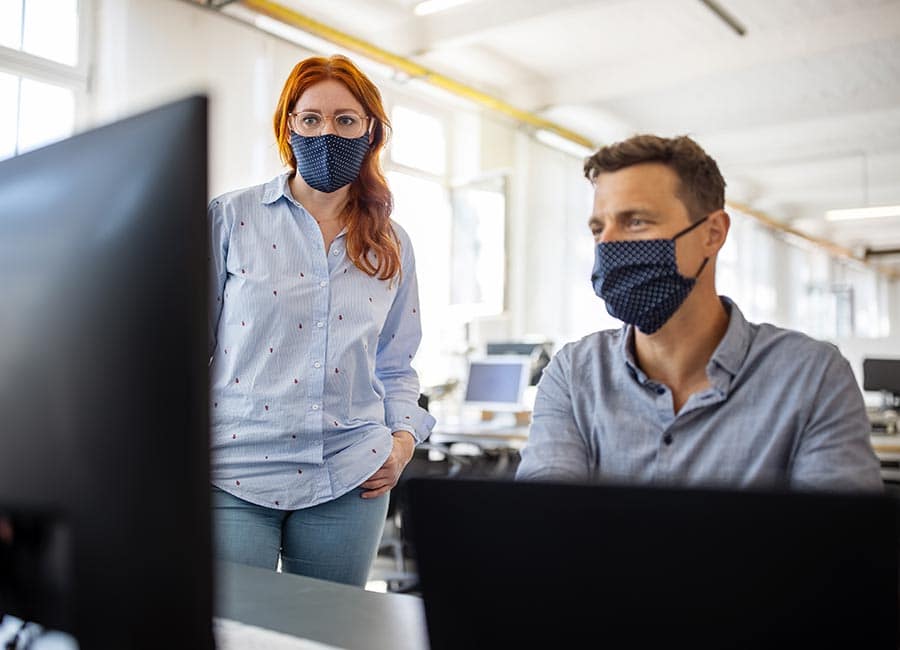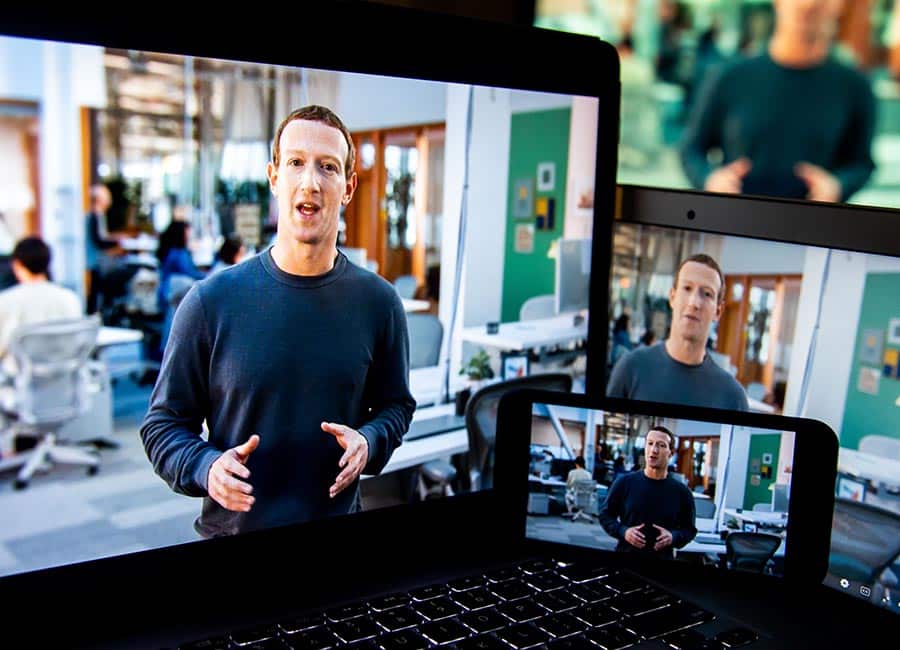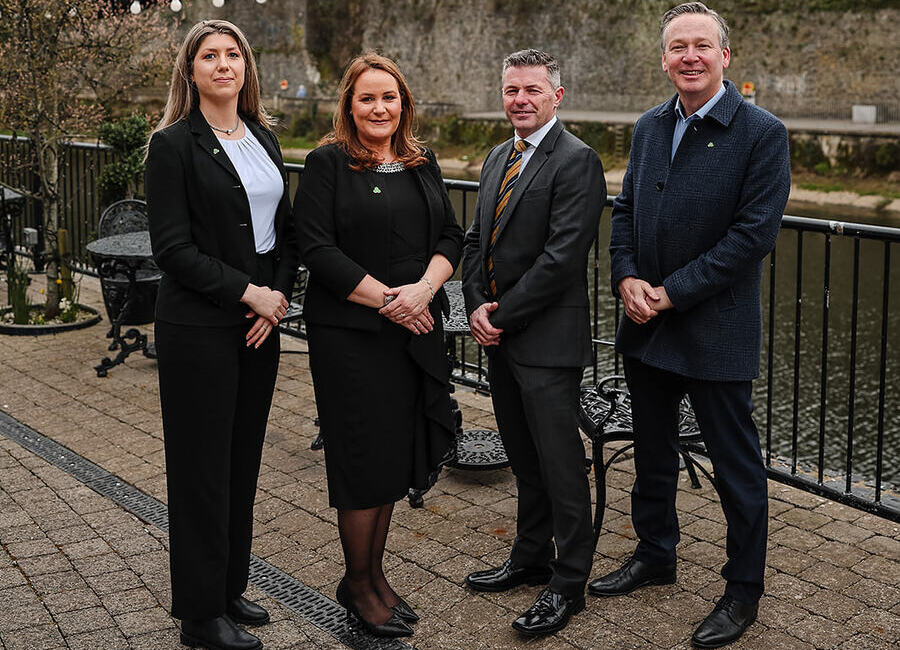The government has restated the importance of following public health advice in its transitional protocol for employers and workers returning to the office following the removal of the work from home mandate.
The announcement of the protocol comes shortly after the publication of the Right to Request Remote Working Bill 2021, the legal framework outlining the 13 reasons employers can give to decline employee requests to work from home.
Enterprise minister Leo Varadkar said the protocol, which was developed with business groups and trade unions, puts an emphasis on vaccination, booster jabs, self-isolating and testing when symptomatic, hand hygiene and respiratory etiquette.
Mr Varadkar described the protocol as "a guidance document" that is "designed to help not to complicate" and that the most important measures for curbing the spread of COVID-19 were still vaccinations, booster jabs, testing and isolating when symptomatic.
The requirement for employees to practice social distancing of two metres and for employers to take contact details of all visitors to the workplace were removed last Monday, but employers and worker have been called upon to be supportive of good practice as the emphasis shifts more towards individual responsibility.
Employers have been told to advise workers not to come in and to provide them with instructions to follow if they display signs or symptoms of COVID-19; to display information on the signs and symptoms of COVID-19 in the workplace, and cooperate with their local public health office where necessary.
Workers, meanwhile, have been asked to keep up to date on the signs and symptoms of Covid, report to their managers immediately and not to go into the workplace if they develop symptoms, and to follow public advice on self-isolation, restricting movements and testing.
The protocol outlines three main steps for reducing the spread of coronavirus in the workplace: 1. keeping a COVID-19 response plan in place; 2. maintaining policies and procedures for prompt identification and isolation of workers with symptoms; and 3. maintaining COVID-19 infection prevention and control (IPC) measures.
Beyond taking public health advice into account, organisations' response plans should facilitate the ongoing appointment of lead worker representatives, the review and update of health and safety practices, and maintain measures for dealing with suspected cases and handling outbreaks in the workplace.
The document stresses that policies for identifying and isolating workers with symptoms such as advising affected workers not to come to work should be maintained, and workplaces may still need to provide attendance information to their local public health office despite visitors no longer being required to submit contact details.
The final point on IPC measures outlines the importance of continued facilitation of hand hygiene, respiratory hygiene, and good ventilation, and although the mask requirement has been lifted, the protocol states that it is ‘still good practice’ to continue wearing them.
It also calls for employers to be patient with workers “anxious” about returning to the office and to consult with staff on “long-term arrangements for blended or remote working,” and advises regular cleaning, improving ventilation and keeping staff from poorly ventilated area.
"Some of the guidance contained in this document is good advice regardless of Covid, the emphasis on providing good ventilation and air quality for example, and this will no doubt cut down on the transmission of other airborne viruses too, keeping everyone healthier. The same applies to hand hygiene and respiratory etiquette," Mr Varadkar added.











